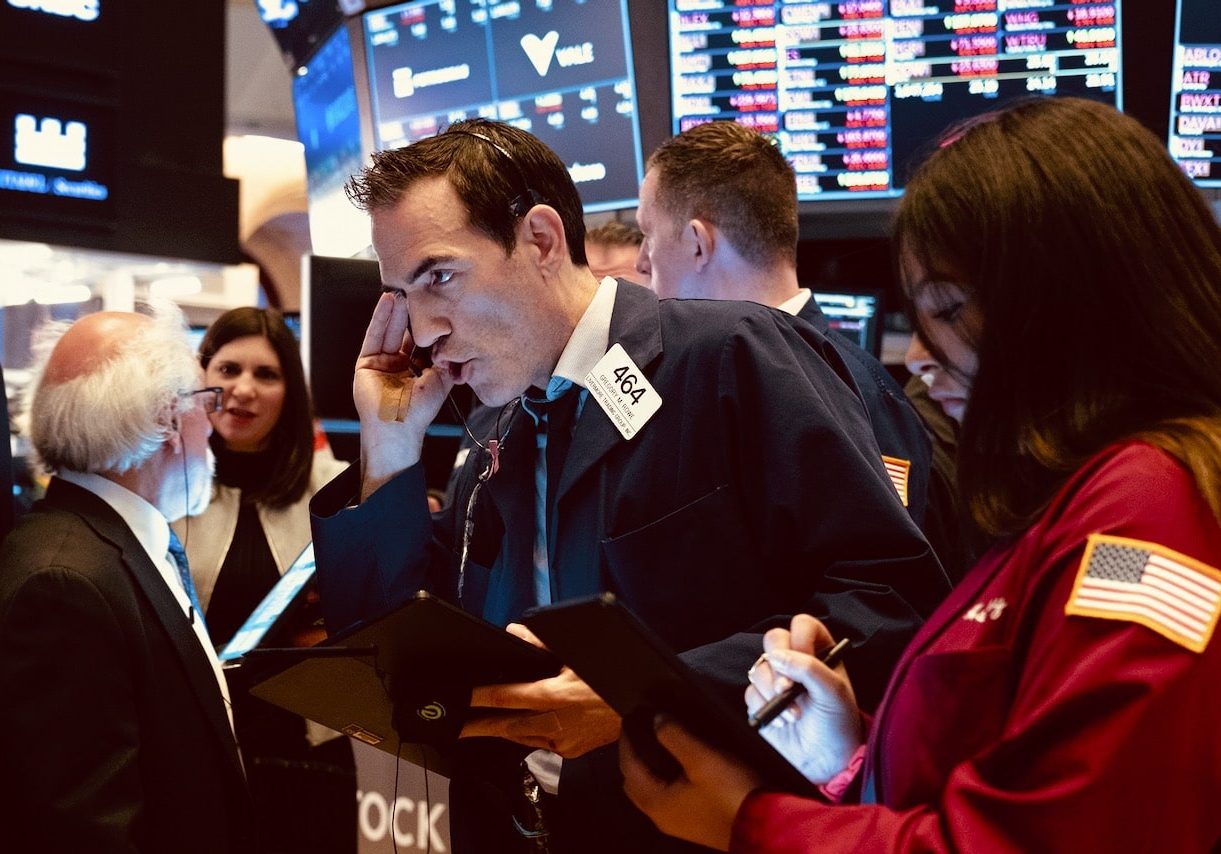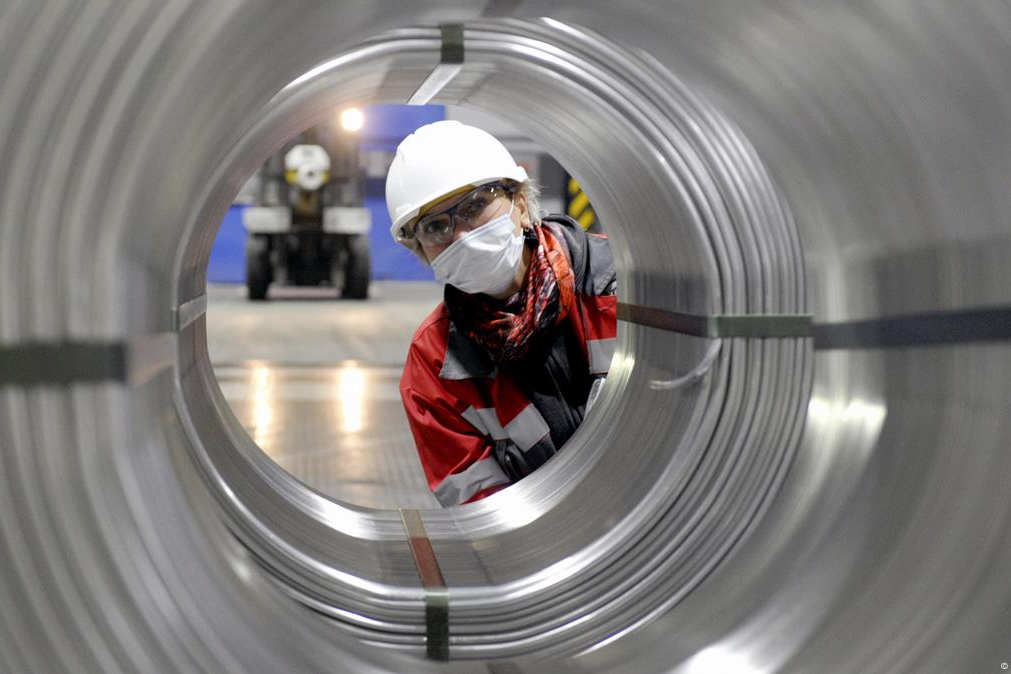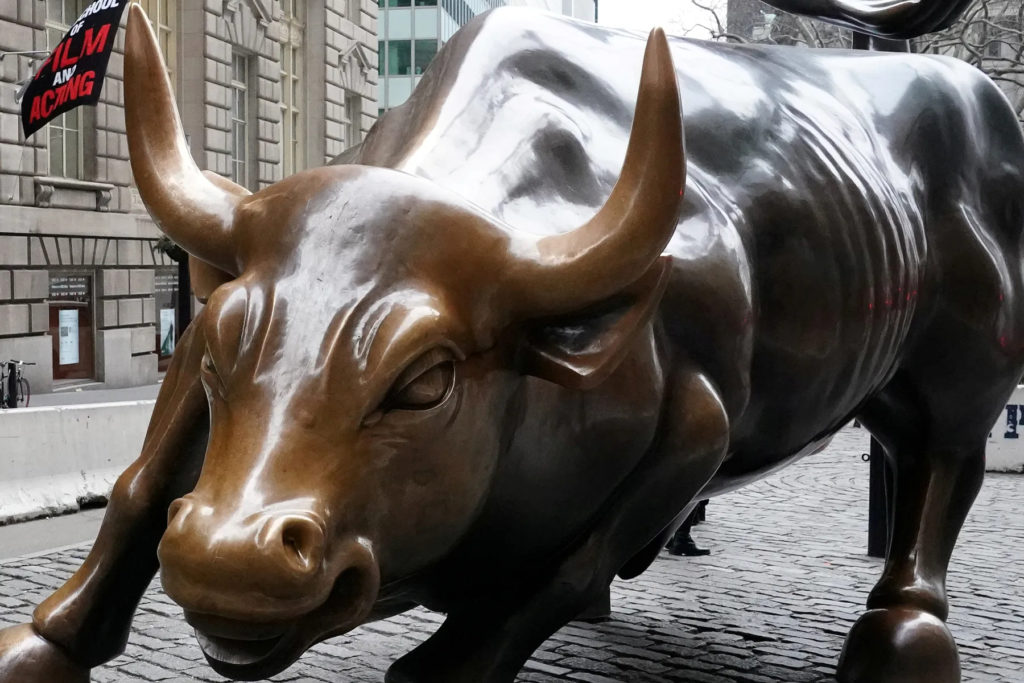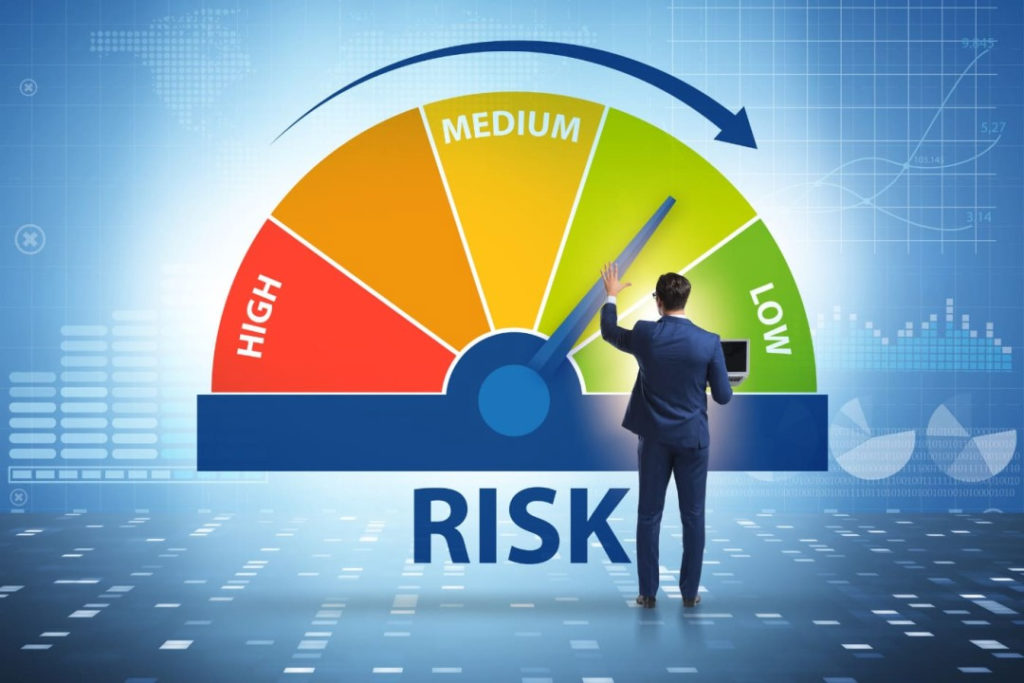Seasoned traders know that when everyone expects a 'near-certain' outcome, and prepares their investment portfolio for it, the opposite tends to happen
Seasoned traders know that when everyone expects a 'near-certain' outcome, and prepares their investment portfolio for it, the opposite tends to happen
Seasoned traders know that when everyone expects a 'near-certain' outcome, and prepares their investment portfolio for it, the opposite tends to happen
Two weeks before the US elections, I was fielding the same question daily: should we be selling equities given the expected volatility from a messy election, with President Trump unlikely to concede, multiple legal actions leading to a constitutional crisis, and rioting on the streets by the public.
The election was less messy than expected, but the concerns were all valid and many of them occurred as expected. Financial institutions and the financial media compounded this fear, with brokerages raising margin requirements, and banks warning of high volatility that their traders may not be available to take all trading instructions.
The last week of October saw equity markets fall by six per cent, adding to the fear, a bad omen for what may come the following week. On the first trading day of November markets instead started rallying, and haven’t looked back since. On election night itself, US equity futures gyrated wildly as Trump’s chances ebbed and flowed, from up two per cent to one percent down, and back to even. Stock markets ended the trading session up +1.78% that day.
We now see that Biden has won and the widely anticipated Blue Sweep did not happen. The new narrative is that the markets like a gridlocked government, as this means taxes are unlikely to rise significantly. A better explanation that seasoned traders know well is that when everyone expects a ‘near-certain’ outcome, and prepares their investment portfolio for it, the opposite tends to happen. The election was still messy, lawsuits were filed by Republicans in battleground states, and Trump declared a premature win of the election, threatening to ask the Supreme Court to stop further vote counts. While markets should have moved down on any of these events, through all this there was virtually no downside volatility. During my early days as a trainee trader in Hong Kong, there was a frequent saying that was hammered into every newbie:
‘Markets should have gone up, but they are down: Sell. Markets should have gone down, but they are up: Buy.’
‘Markets should have gone up, but they are down: Sell. Markets should have gone down, but they are up: Buy.’
When investors are overwhelmingly positioned towards a specific outcome, markets will often take the direction that confounds the maximum number of people. In other words, if you can figure out when speculators and short-term traders are overwhelmingly positioned to one side, often the opposite will happen. The market response to the US election, which started rallying before the vote count even started, is the latest example of this.
The level of fear leading up to the elections was extremely high. It continues to be high now for next year’s outlook given rising COVID cases and another lock-down in Europe, though the positive vaccine news finally gives us more clarity.

Even before the positive vaccine news, the reality is that stars were aligning for a decent 2021. A switch to a Democratic government has been historically positive for the year after the election, to the tune of +15%. The expected stability from a non-Trump president has outweighed any fears from a change of government and higher taxes from Democrats. Continued control of the senate by Republicans would also make the case for higher taxes harder to achieve, so markets seem to be getting the best of both worlds.
Leading economic indicators in much of Asia and the US are showing a strong recovery in 2021, and in the US, in particular, they are at the highest level in over 20 years. China and most of Asia have handled the virus pandemic well. President Biden is likely to throw far less economic curveballs (and tweets) than his predecessor, with the anti-trade / anti-globalization rhetoric hopefully reduced. The last decade has been primarily a US-equity story that centered around big tech as the favored asset class. Many Asian stock markets are still well below their 2007 prices: the Singapore Straits Times index was at 3,500 thirteen years ago, and it is at 2,700 today, while the Hang Seng index was at 30,000, and is at 26,250 today. By comparison, the S&P500 was at 1,500, and is now at 3,550.
By LEONARDO DRAGO
Co-founder of AL Wealth Partners, an independent Singapore-based company providing investment and fund management services to endowments and family offices, and wealth-advisory services to accredited individual investors.





